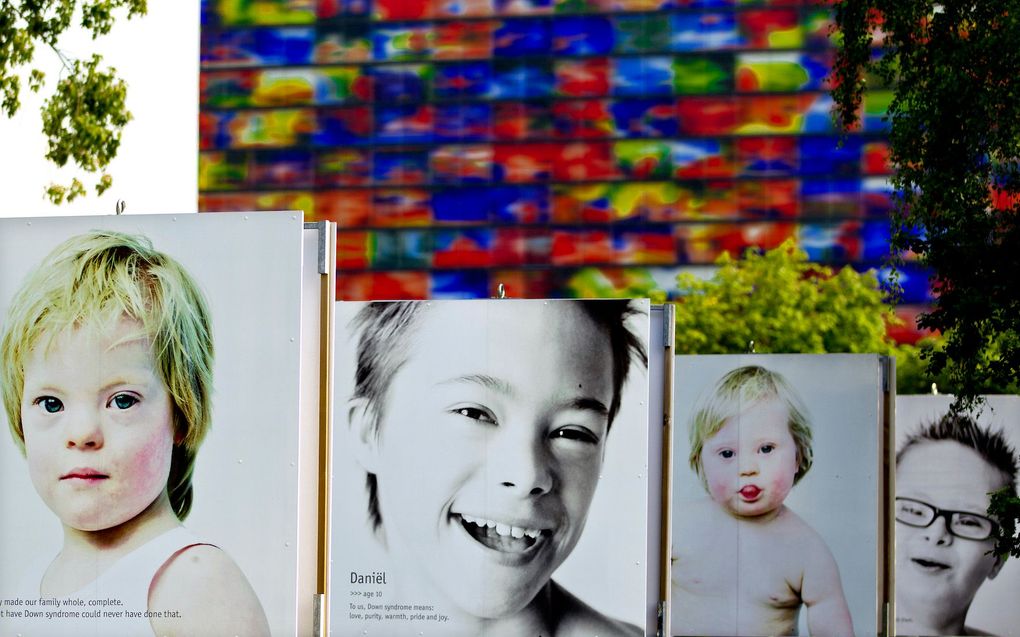Pregnancies with Down baby on the rise, so are the abortions

The Upside of Down; billboard campaign in the Netherlands in 2013. Photo ANP, Sander de Koning
Northern Europe
In Norway, the number of unborn children with Down syndrome has almost doubled since the year 2000. However, there are fewer children born with the genetic defect.
Maria Selbekk, from Menneskeverd, calls the trend a worrying development. Menneskeverd is a pro-life organisation in Norway. To Vårtland she points at new figures from the Medical Birth Register, which show that the number of registered pregnancies with Down syndrome has increased from 85 in 2000, to 147 in 2020. At the same time, the number of babies born with the syndrome has decreased from 64 to 58, NTB reports.
Motherhood comes later
The National Institute of Public Health explains the rising number of Down pregnancies because women are older when they get pregnant on average.
Maternal age is the most common risk factor for Down syndrome. According to the National Institute of Public Health, the increasing age among pregnant women is why pregnancies with chromosomal abnormalities such as Down syndrome are rising.
Decreasing number of Down baby's
The Norwegian government attempts to decrease the number of children with Down syndrome by introducing a new biotechnology law, which comes into force in January 2022. The new law gives all pregnant women the right to undergo a NIPT test, detecting Down syndrome as early as ten weeks.
In addition, Norwegian women are offered an early ultrasound at 12 weeks of pregnancy, Dagen reports. The minister of Health and Care Services Ingvild Kjerkol is pleased about the new legislation and states that it can contribute to more security and better maternity care for women across the country.

Selbekk from Menneskeverd, however, worries that many more expecting mothers will choose to remove their foetus if it has a chromosomal abnormality. Abortion in Norway is possible for up to 12 weeks.
"We have to warn against this. In Denmark, the number of births with Down syndrome has decreased dramatically." Statistics show that the number of live births with Down syndrome has dropped from 61 in 2004 to 18 in 2019 in Denmark. The country introduced the right to NIPT testing in 2017.
Down people get less valuable
Moreover, Selbekk fears that pressure on people with Down syndrome will increase. "They feel like the new biotechnology law makes them less valuable", she states. Selbekk believes that health services have the responsibility not to put unnecessary pressure. Many women experience that they are made responsible for imposing a burden on society if they give birth to the child."
The organisation Menneskeverd annually organises the action Rockesokk. People are encouraged to wear two different socks for one day to show their support for a diverse society where people may be different.



